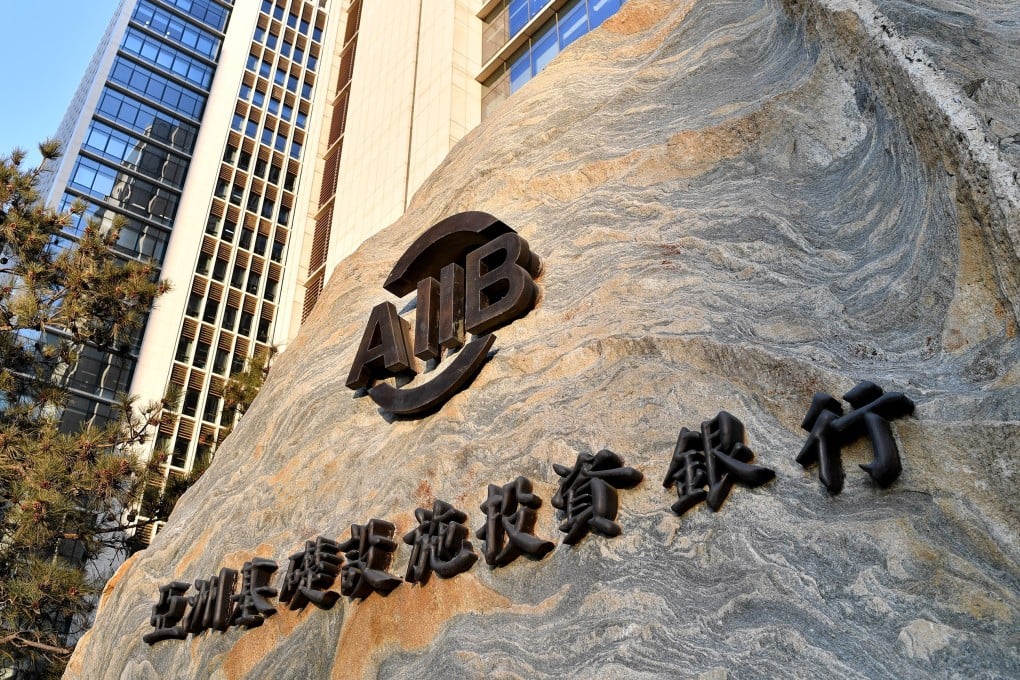China-backed Asian Infrastructure Investment Bank raises US$2.5 billion from bond sale in London
- British capital, US dollar ‘made sense’ for first issue, but lender will consider local currency issuances elsewhere in the world in the future, president says
- Inaugural sale attracts more than US$4.4 billion in orders from over 90 bidders

The AIIB raised US$2.5 billion from the sale of the five-year bonds, after attracting orders of more than US$4.4 billion from over 90 bidders in 27 countries, it said in a statement.
The funds will be used to “drive AIIB’s priorities of investing in sustainable infrastructure, developing cross-border connectivity, and promoting environmental, social and governance investing in emerging Asia”, it said.
Bank president Jin Liqun said in an interview on Friday that London “made a lot of sense” as the venue for the first bond sale.
“London’s established international capital market is the right place for us to have our listing,” he said.
While the bank had a strong capital base – nearly half the investors on Thursday were from Asia – the time was ripe to tap into the international dollar market, Jin said.